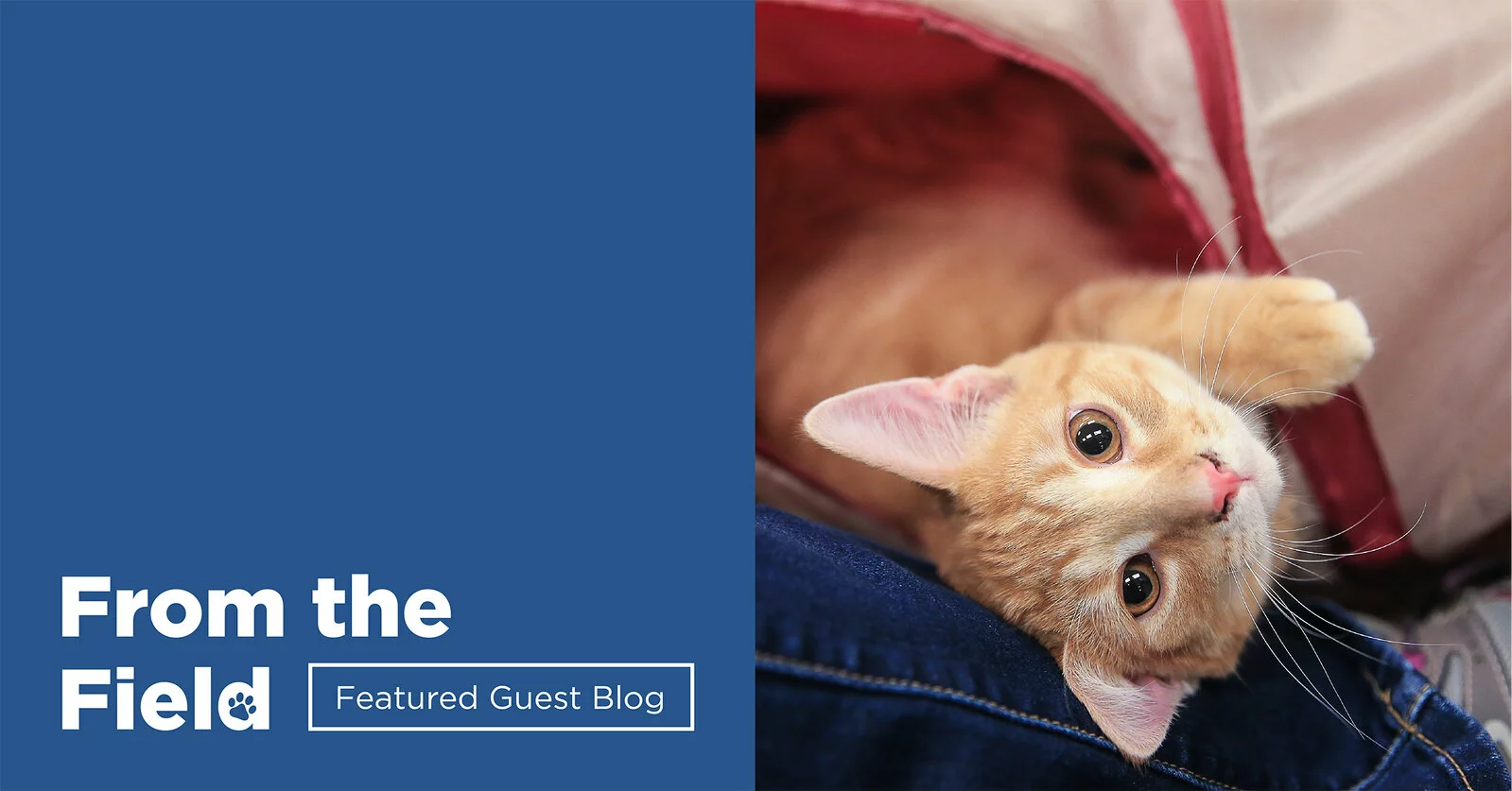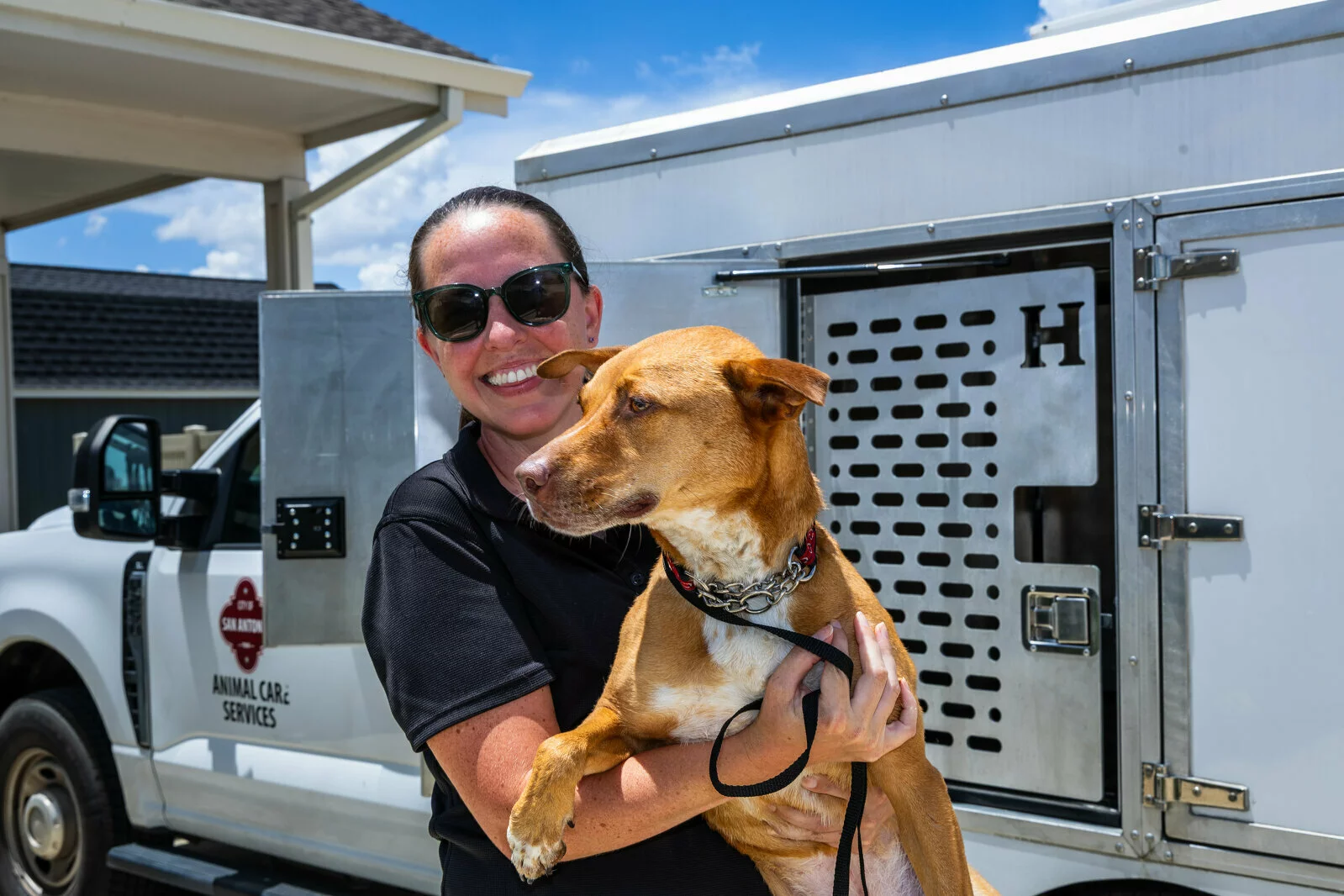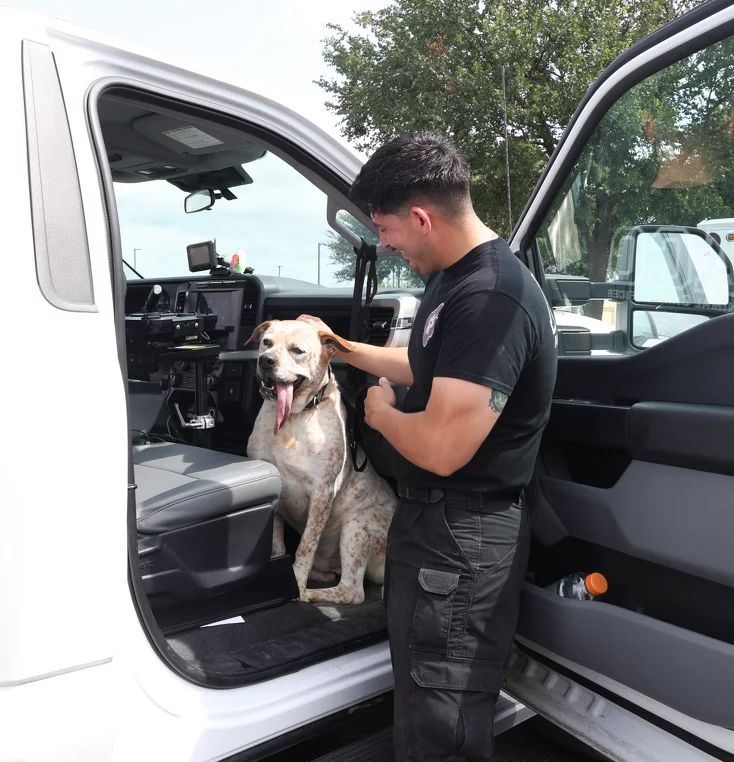From Planning to Response: Considerations for “Go-Time”
By: Eric Thompson – Executive Director, Code 3 Associates
Inevitably an event that requires your agency to go into an emergency response mode will happen on the weekend or at night. It rarely occurs during business hours when you actually have a chance to get a jump on things. Well, at least it seems that way. Last month we talked about preparedness considerations for agencies as they plan for what roles they may take during an event in their community. This month we ponder what response plans are in place; or may need to be developed for an event that is close to home. Next month we will tackle the other response perspective of what considerations are in place to help an agency having jurisdiction outside your normal network.
The type of event for this article really isn’t the focus. Feel free to apply your response plans to whatever event is most likely in your area as we have many regions represented in the BPF National Alliance. So here we go, the event is coming or has happened
- Does your organization have a time sensitive tiered disaster plan? For example if it’s a known event, at 48 hours prior to an event your agency does A, B, and C. At 24 hours out from an event the objectives and priorities may change and additional X, Y, and Z now need to be done. The plan should continue through zero hour when the event happens; and give communication and action contingencies if power and communications are lost in the region.
- At the same time your agency plan is engaged, do you have someone at your agency communicating with the county or municipality representative response for Emergency Support Functions for both Mass Care and animal issues? This may look at little different for each organization based on if your agency is part of a city or county structure; or if you are an independent non-governmental organization that will be assisting with animal issues even if you are not written into a County Emergency Operations Plan. The one thing in common no matter what type of relationship you have with Emergency Management at the time is that letting them know your resources and needs related to the event is necessary.
- Once your lines of communication are established with Emergency Management and your roles and responsibilities are established for the event, it’s time to keep good situational awareness of the changing event-related landscape and the community needs. Did things switch from shelter-in-place to evacuation? Did a pop-up mass care shelter form at a faith-based location and they need animal shelter support? Is there large-scale damage where congregate sheltering may go for many weeks and pet issues will become labor intensive? And things go on and on and you work to pivot your program the best you can to address issues.
- Does your organization know how to ask for help? And is it in your plan on WHEN to ask for help? Too many times organizations feel they have things well in hand, but they are exhausting their resources too fast and not planning for extenuating complications. We always encourage partners to lean forward in staging support so they are not struggling to meet demands. Engage your MOU’s and MAA’s, and know how to make requests through Emergency Management to utilize the mass care support system when possible.
- Last but not least, the animals themselves are rarely a big problem during an event. The issues most commonly reviewed during after-action reports focus on logistic problems, donations management, volunteer management, and activity tracking for both shelters and field services. We could spend hours working through each of those topics, so be sure to address those things in your overall plan when addressing how you work within your region.
While this all is just to start to get the brainbox juices flowing for a response in your jurisdiction, it really is just scratching the surface of things you should be considering when you potentially have to play a role at your home organization. If you would like to discuss any pieces of response more in-depth, feel free to email me at ethompson@code3associates.org and together we can look at options to build out resources at the boots on the ground level.




